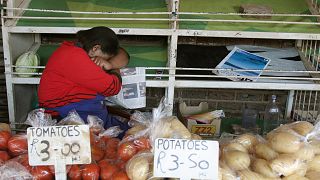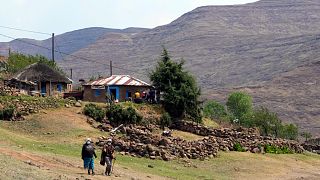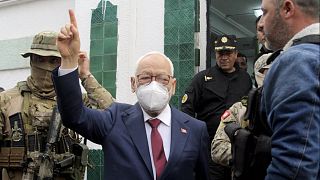Tunisia
Tunisia is seeking to stimulate foreign investment in order to revive the country’s economy, which has been stagnant for almost 15 years.
Recent data indicates that the country lost nothing less than 2,500 jobs per year from 2005 to 2015 due to the closure of about 400 companies each year.
Foreign Direct Investment In Tunisia is in decline as latest data shows a percent of productive investments, generating a third of exports and over 15 percent of the total number of jobs.
The decline in recent years is due to the global recession, the country’s socio-political revolution and the crisis in the Eurozone.
Although a strong recovery was witnessed but it declined again in 2013 and in 2014, due to the deterioration in the country’s security situation and lack of medium and long-term economic visibility.
According to forecasts by the Tunisian Agency for the Promotion of Foreign Investment, direct foreign investment flows rose by 20.7% in 2015 compared to 2014.
This Foreign investment was mostly concentrated in the industry sector, while it declined in the service sector.
According to the general manager of CCA Tunisia,Patrick De Lattre the country experienced a “great period of floating” due to the “deadly and regrettable” terrorist attacks between 2011 and 2015.
“We have doubled our turnover in Tunisia, exceeding 4.5 million euros in 2015, thanks to a solid position on the market,” said Benigno Calvo, director of Iberchem Tunisia,” he added.
The north African country remains the most attractive business and investment site in the region due to its proximity and cultural approachment.













00:57
China's foreign minister meets with several African counterparts
11:18
EU invests in Douala–N’Djamena corridor as it shifts from donor to investor in Africa
01:09
China says its committed to expanding its investments in Africa
Go to video
Donald Trump wraps up Gulf tour with a string of lucrative deals in UAE
Go to video
Trump arrives in UAE on last leg of Middle East tour
11:14
Power Play or Partnership? America’s Strategy in Africa [Business Africa]